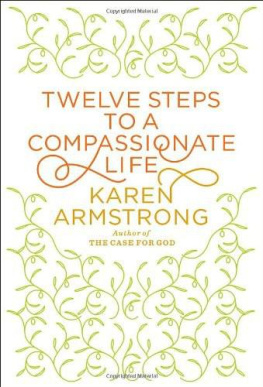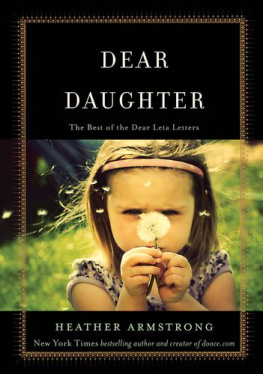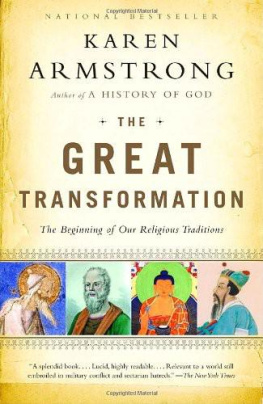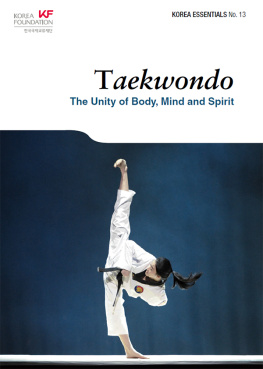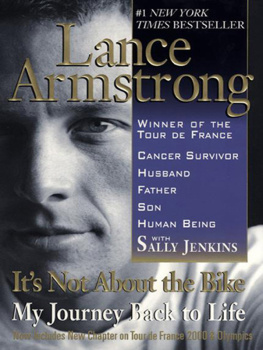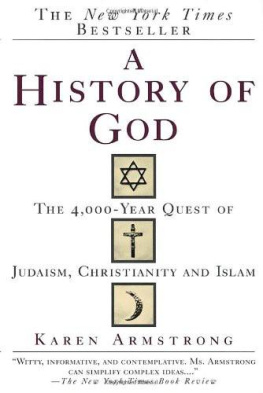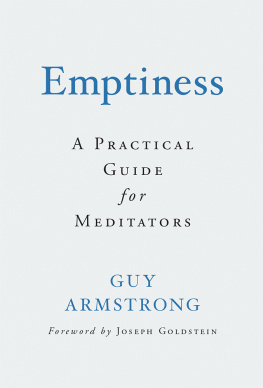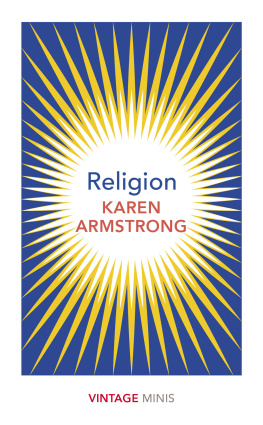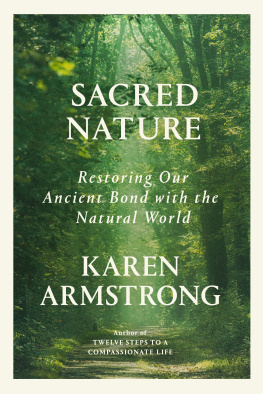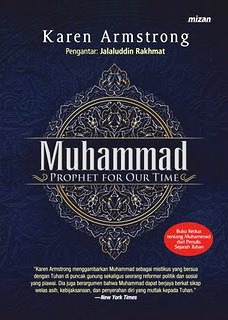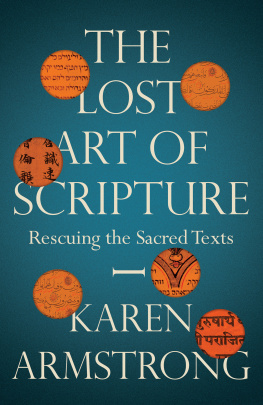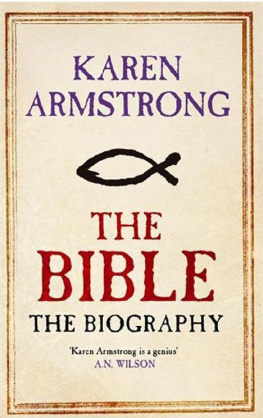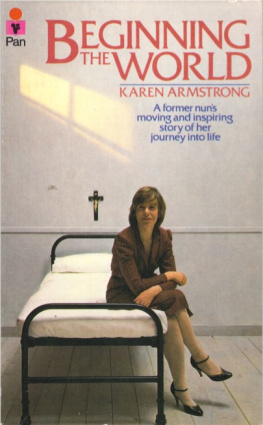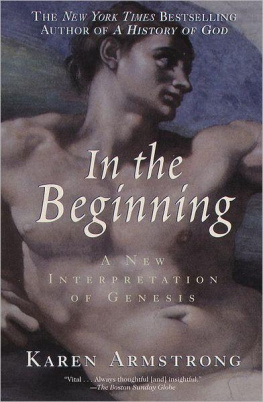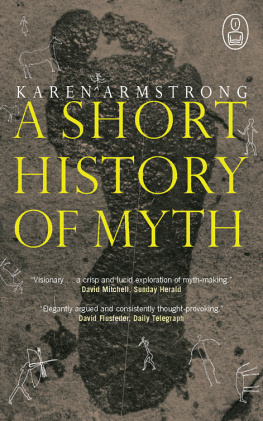ACKNOWLEDGMENTS
As always, a full-hearted thanks to my agents, Felicity Bryan, Peter Ginsberg, and Andrew Nurnberg, and my editors, Jane Garrett, Will Sulkin, and Robbert Ammerlaan, who have supported me so devotedly over the years. I am also most grateful to all the people who have worked on this book with such professional expertise: At the Bodley Head, special thanks to Jrg Hensgen for his painstaking, thorough, and imaginative work on the manuscript, Kay Peddle (assistant editor), Beth Humphries (copy editor), and Anna Crone (jacket designer); and at Knopf, Ellen Feldman (production editor), Maggie Hinders (text designer), Barbara de Wilde (jacket designer), Louise Collazo (copy editor), and Claire Bradley Ong (production manager), who worked to the standard of excellence that I have come to expect from Knopf but hope I shall never take for granted. Thanks too to Michele Topham, Carole Robinson, and Jackie Head in Felicity Bryans office, and to Leslie Levine, Jane Garretts assistant, for their kindness and endless patience. Thanks in advance also to the publicists: Chloe Johnson Hill, Kim Thornton, Sheila Kay, and Francien Schuursma, who I know will work with their usual skill and commitment when the book is published.
But I must also thank all those who have worked with me on the Charter for Compassion. First, my sincere gratitude to everybody at TED, who from the very beginning saw potential in what some would have regarded as a quixotic project, especially Chris Anderson, Amy Novogratz (to whom this book is dedicated), Casson Rosenblatt, and Daniel Mitchell. Your generosity, commitment, and creativity never cease to astonish me. It has also been a great joy to work with everybody at the Fetzer Institute, with special thanks to Susan Trabucchi (former senior program officer) for her invaluable commitment and practical insight during my first months with Fetzer, Gillian Gonda (program officer), and Amy Ferguson (communications specialist). Thanks too to Simon Cohen and Lance McPherson at Global Tolerance for their superb input; and to Emily Hawkins at Sunshine, Sachs & Associates. Finally, thanks to James Berrill for achieving the near-impossible feat of collating the myriad contributions made to the draft charter by the general public in preparation for the meeting of the Council of Conscience in Vevey, Switzerland.
It is unfortunately impossible to thank all the people in over 150 partner organizations and the individual ambassadors who are working so tirelessly to incorporate the message of the charter into their own programs. We are immensely grateful for the support and endorsement of H. H. the Dalai Lama and the Dalai Lama Foundation. I must give special thanks to Badr Jafar, CEO of Crescent Petroleum, for his extraordinary commitment and pragmatic genius in promoting the charter in the Middle East; Amin Hashwani for his relentless and innovative work for peace in Pakistan; Ambassador Mussie Hailu of Ethiopia, who declared April 5 Golden Rule Day in the United Nations and has energetically promoted the charter in Africa; Danielle Lauren of Sydney, Australia; Janet Allinson in Canada; all my new friends at the Compassionate Action Network in Seattle for their outstanding leadership; the United Religious Initiative; Mozes & Aronkerk in Amsterdam; and my friends at the Chautauqua Institution for their impressive work and ongoing counsel. It is a joy and privilege to work with each and every one of you.
Finally, I am most grateful to the members of the Council of Conscience, who composed the charter. First, my dear friend the Reverend Dr. Joan Brown Campbell, Director of the Department of Religion at the Chautauqua Institution, who committed herself heart and soul to the charter from day one and chaired the Vevey meeting with such brilliance and acumen. The very first person I approached about the charter was Archbishop Emeritus Desmond Tutu, whose immediate and generous response gave the charter a credibility at an early stage that it might not otherwise have had. And my most sincere thanks to all the Councillors whose wisdom and insight were an inspiration: Salman Ahmed, musician and social activist; Ali Asani, Professor of the Practice of Indo-Muslim Languages and Culture at Harvard University; Sadhvi Chaitanya, Spiritual Director of Arsha Vijan Mandiram; the Right Reverend John Bryson Chane, Episcopal Bishop of Washington, D.C.; Sister Joan Chittister, Founder and Director of Benetvision; His Excellency Sheikh Ali Gomaa, Grand Mufti of the Arab Republic of Egypt; Mohsen Kadivar, Professor of Religious Studies at Duke University; Chandra Muzaffar, President of the International Movement for a Just World; Baroness Julia Neuberger, Prime Ministers Champion for Volunteering, U.K.; Tariq Ramadan, Professor of Contemporary Islamic Studies at Oxford University; Rabbi David Saperstein, Director of the Religious Action Center of Reform Judaism in Washington, D.C.; Rabbi Awraham Soetendorp, Rabbi of the Reform Jewish Community of The Hague; Reverend Peter Storey, former President of the Methodist Church of South Africa and the South African Council of Churches; Tho Ha Vinh, Head of Training, Learning, and Development in the International Committee of the Red Cross; Tu Wei Ming, Professor of Chinese History and Philosophy and of Confucian Studies at Harvard University; and Jean Zaru, presiding Clerk of the Ramallah Friends Meeting. I shall never forget our conversation at Vevey, which was a model of Socratic and compassionate discourse. I look forward to working with you all in the future.
And lastbut for me far from leastthanks to everybody at My Ideal Dog: Eve, Gary, Stacey, and Amy Mott and Michelle Stevenson, who make it possible for me to promote the charter by giving Poppy such a wonderful second home and have taught me so much about compassion for animals.
ALSO BY KAREN ARMSTRONG
Through the Narrow Gate: A Memoir of Life In and Out of the Convent
Beginning the World
The First Christian: St. Pauls Impact on Christianity
Tongues of Fire: An Anthology of Religious and Poetic Experience
The Gospel According to Woman: Christianitys Creation of the Sex War in the West
Holy War: The Crusades and Their Impact on Todays World
The English Mystics of the Fourteenth Century
Muhammad: A Biography of the Prophet
A History of God: The 4,000-Year Quest of Judaism, Christianity, and Islam
Jerusalem: One City, Three Faiths
In the Beginning: A New Interpretation of Genesis
The Battle for God
Islam: A Short History
Buddha: A Penguin Life
The Spiral Staircase: My Climb Out of Darkness
A Short History of Myth
The Great Transformation: The Beginning of Our Religious Traditions
The Bible: A Biography
The Case for God
A NOTE ABOUT THE AUTHOR
Karen Armstrong is the author of numerous other books on religious affairs, including The Case for God, A History of God, The Battle for God, Holy War, Islam, Buddha, and The Great Transformation, and a memoir, The Spiral Staircase. In February 2008 she was awarded the TED Prize and began working with TED on the Charter for Compassion, created online by the general public; crafted by leading thinkers in Judaism, Christianity, Islam, Hinduism, Buddhism, and Confucianism; and launched globally in fall 2009. She lives in London.
SUGGESTIONS FOR FURTHER READING
FOR THE FIRST STEP Learn About Compassion
We have never learned enough about compassion. Here you may find some books to give you insight and to reinvigorate you throughout the program. Browse until you find an author whose approach you enjoy; some of these books give extensive bibliographies so that you can explore the ideas of your favorite authors in more depth and see what

